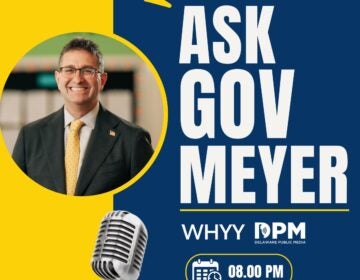Why Philly lawmakers are pushing to repeal this obscure Pa. tax rule
Under the Pennsylvania uniformity clause, the city of Philadelphia can’t levy higher tax rates on skyscrapers than rowhouses, but some lawmakers want to change that.
Listen 1:03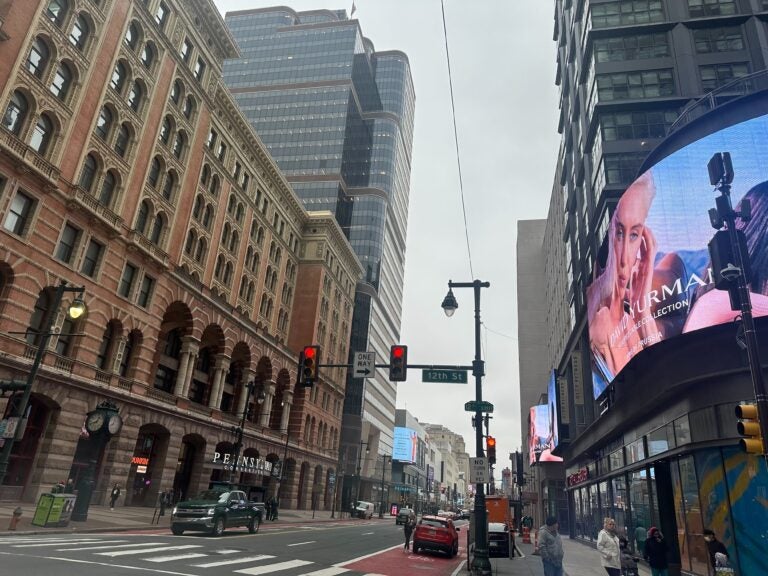
Property taxes collected along commercial corridors in Philadelphia could generate significantly more revenue for the city if the state's uniformity clause is repealed. (Kristen Mosbrucker-Garza/WHYY)
From Philly and the Pa. suburbs to South Jersey and Delaware, what would you like WHYY News to cover? Let us know!
If a push for state tax reform is successful, the city of Philadelphia might be able to levy higher tax rates on more wealthy households and commercial buildings — but it’s a long shot.
A somewhat obscure sentence in the Pennsylvania Constitution written more than 150 years ago known as the uniformity clause requires all state and local taxes to have the same percentage for all properties and taxpayers.
That means the property tax rate for both a commercial building and a residential home in the city is the same — a tax rate of 1.3998% that’s split between the city and the School District of Philadelphia.
The property tax bill of the Loews Hotel in Center City, for example, was $1.3 million in 2024 for a building with an assessed market value of $95 million. A neighborhood rowhouse with an assessed market value of $274,000 would pay about $3,800 in property taxes.
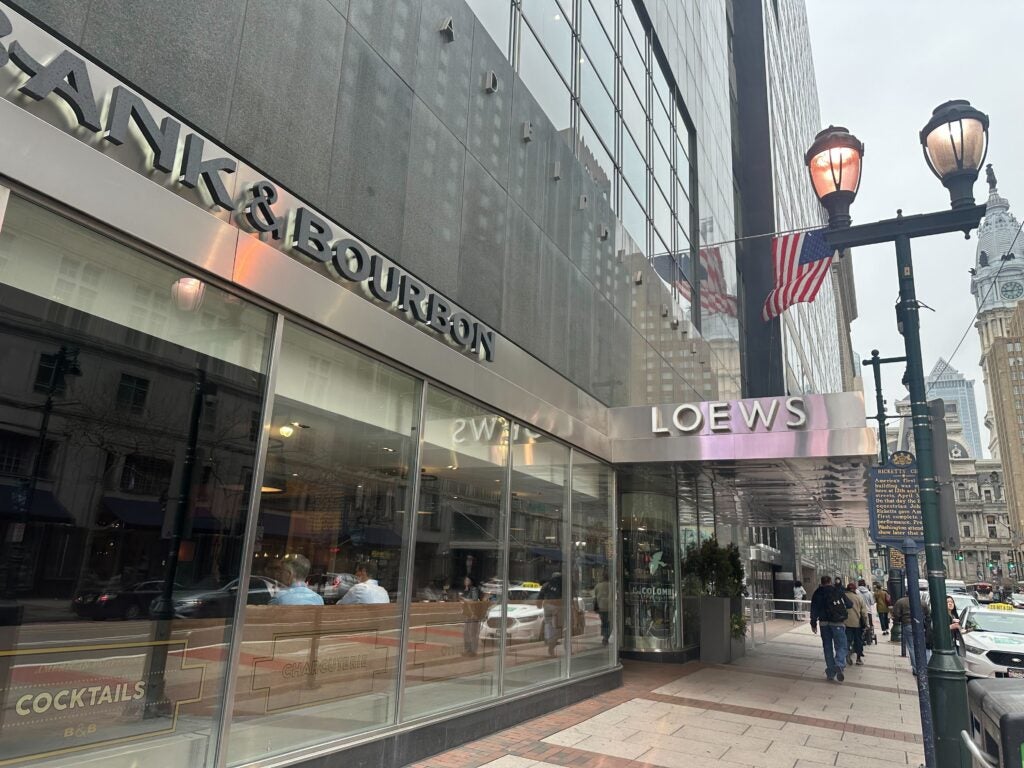
But if the tax rate for commercial buildings were higher — like a previously proposed 15% — that bill would be closer to $14.2 million for the city’s coffers.
Likewise, the city wage tax and state income tax rates are the same for households earning $400,000 or $40,000.
South Philly state Rep. Elizabeth Fiedler, who represents the 184th District, introduced a bill to repeal the state uniformity clause this year.
“Our tax system is unfair,” Fiedler said. “One of the biggest challenges that we face in making our tax system more fair is what’s called the uniformity clause. It really shields the super rich from paying their fair share of taxes. I think we need to have a tiered income tax system in Pennsylvania.”
Philadelphia Mayor Cherelle Parker last month told members of the Chamber of Commerce for Greater Philadelphia that the clause stands in the way of the city’s tax reform plans.
“The uniformity clause prevents us from taking action on tax reform measures, including taxing commercial real estate differently from residential,” Parker said.
Parker’s proposed five-year budget also mentions the mayor’s office will advocate changing the uniformity clause because it will “promote a fairer tax structure for residents and businesses.”
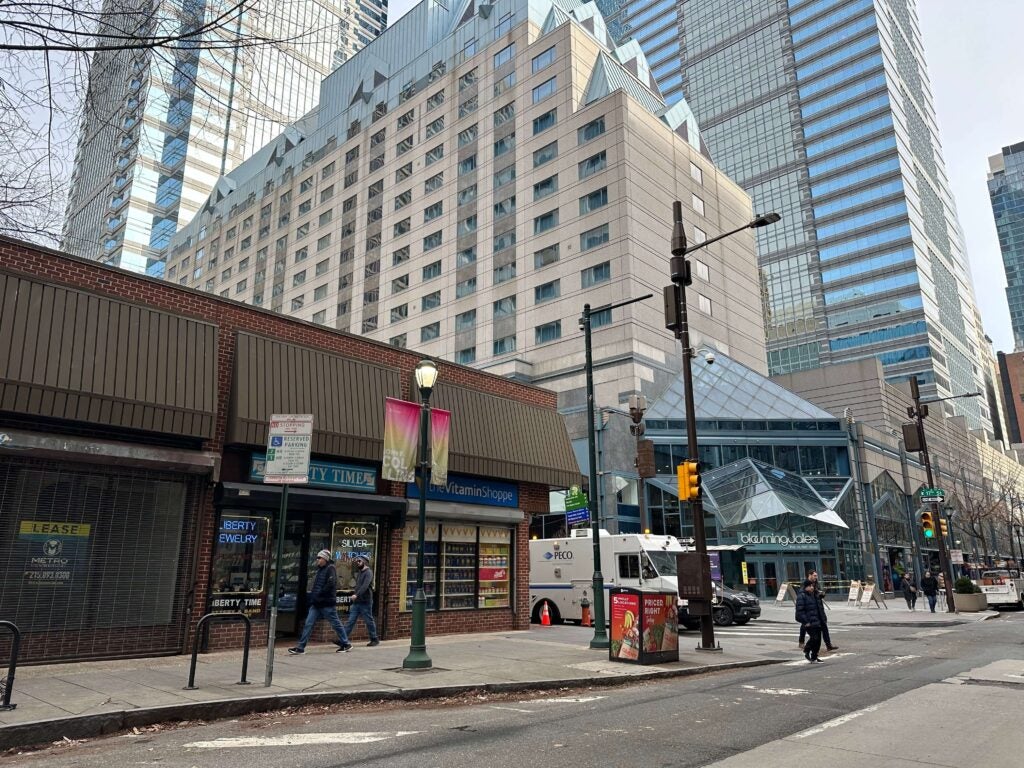
A Philadelphia tax reform commission is also exploring what’s possible in the city and will make recommendations to the Parker administration and City Council for consideration. Such commissions similarly reviewed the city’s tax structure in both 2003 and 2009.
For decades, the city has relied upon the city wage tax and business taxes to support programs and services, but some economists have suggested shifting toward real estate and property taxes.
But the path to change the tax rate on income or property taxes would require a major political lift, bipartisan support in the state House and Senate and changing the state’s constitution with an amendment that includes a ballot question for voters to approve.
Right now, there doesn’t appear to be any accompanying bill in the state Senate to repeal the uniformity clause. And Rep. Fiedler’s bill has not yet been heard in a House committee.
“It could take long [time]. It’s it’s not easy,” said Larry Eichel, a senior adviser for the Pew Charitable Trusts’ Philadelphia Research and Policy Initiative. “And one of the questions would be whether the change would be something that just applies to Philadelphia or applies to the whole state.”
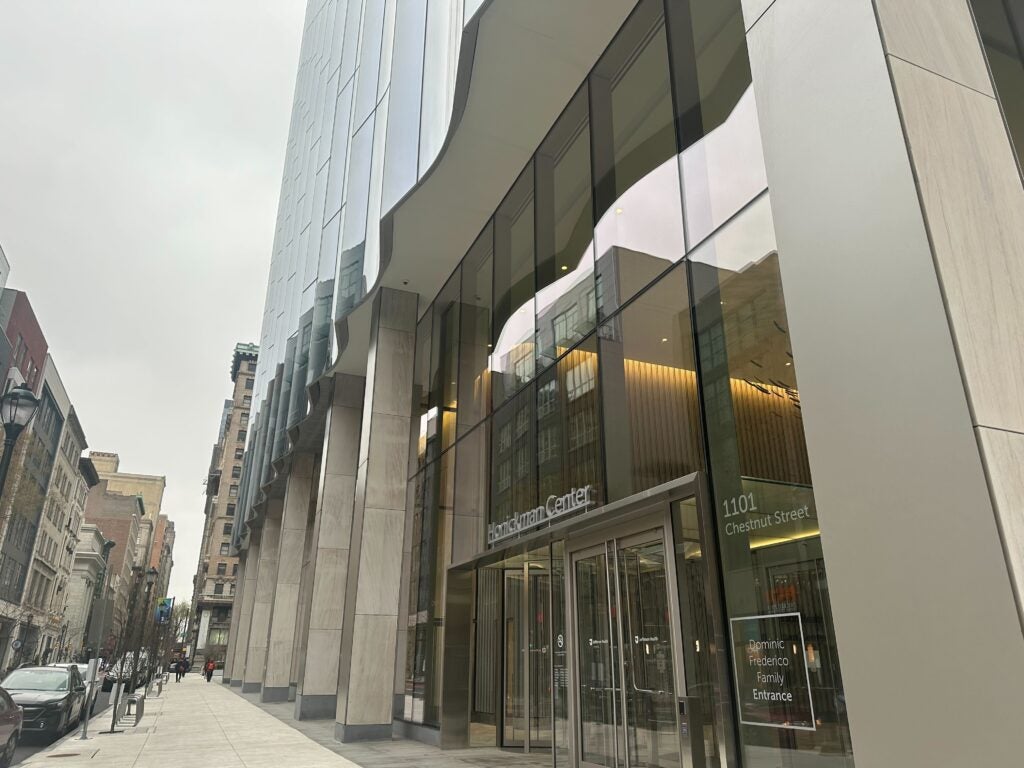
And, even if a law change were successful, the likelihood of lawsuits would be quite high.
“It would be a cataclysmic event because the uniformity clause has been hotly litigated in the corporate income tax area, in the personal income tax area and in the property tax area,” said Mike Semes, Villanova University law professor and counsel for BakerHostetler. “Who knows what types of different taxing schemes the legislature could come up with? Right now, they have the guardrails of the uniformity clause.”
WHYY is your source for fact-based, in-depth journalism and information. As a nonprofit organization, we rely on financial support from readers like you. Please give today.




